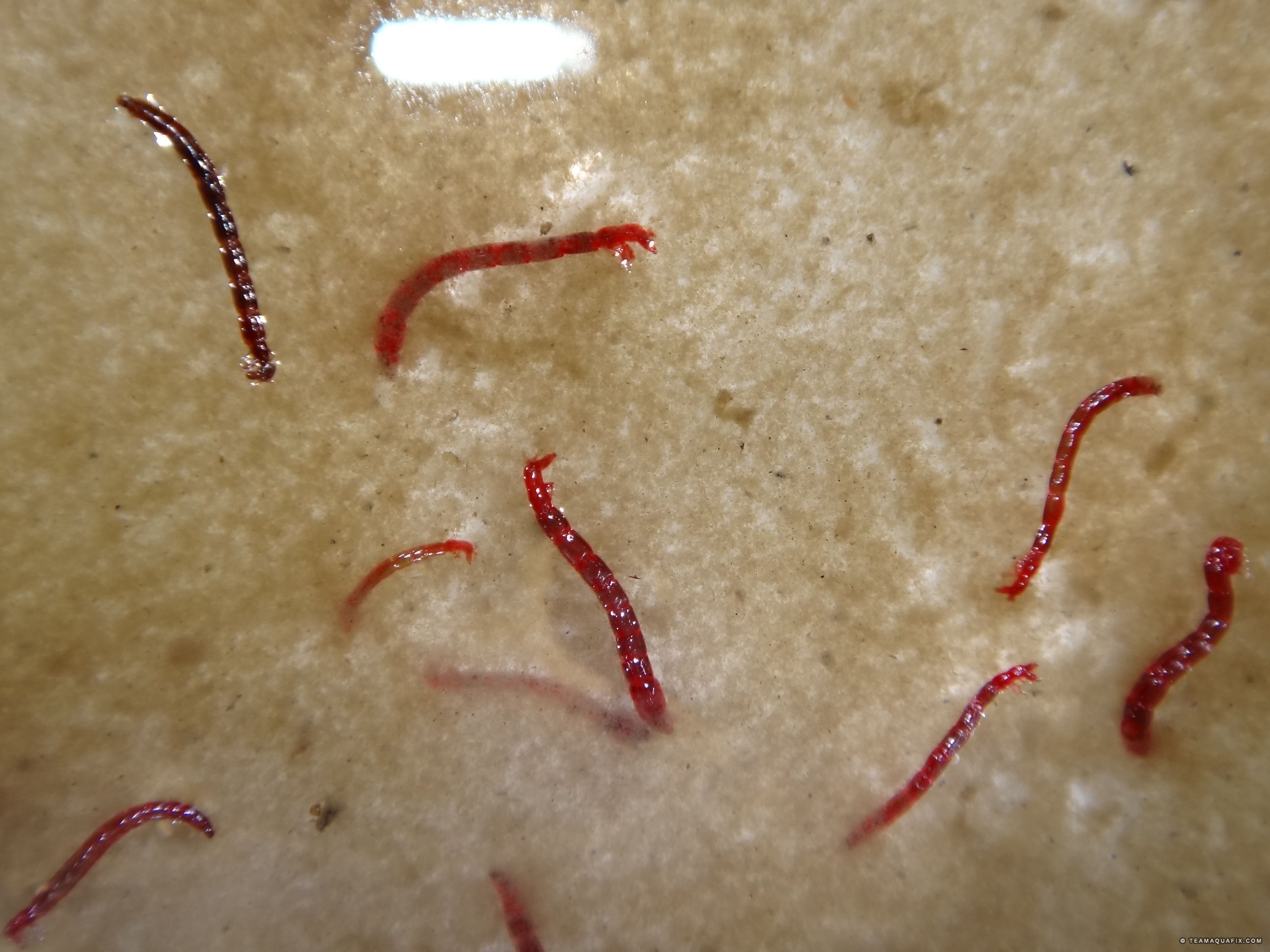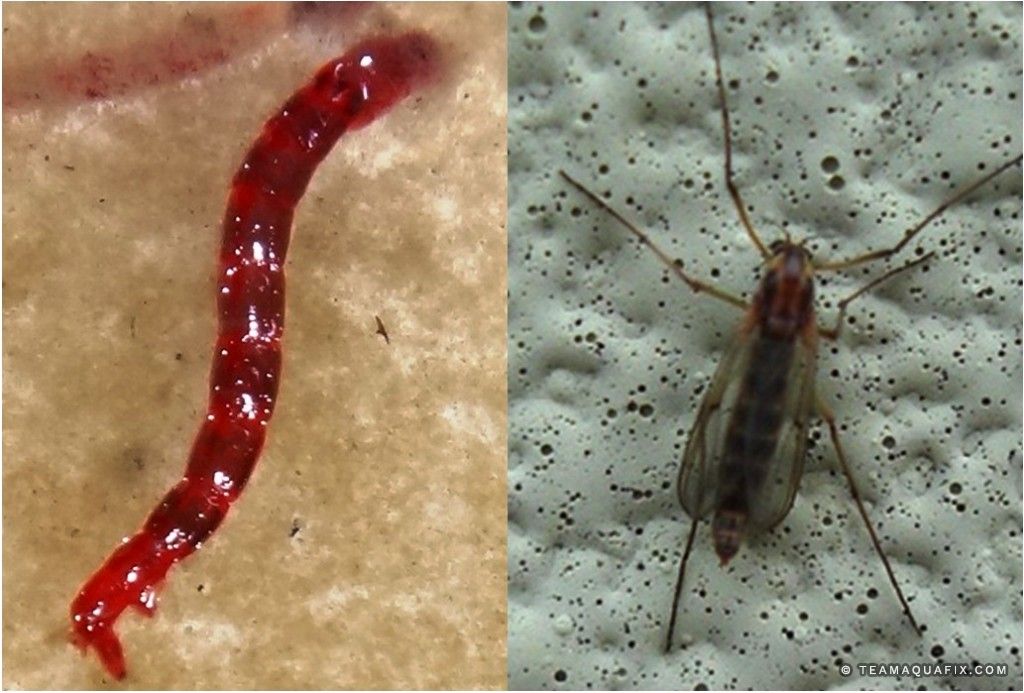Why Red Wigglers Are Important for Organic Farming
Red wigglers play a critical role in organic farming, largely via their special capability to disintegrate organic materials and boost dirt health and wellness. Their task not only enriches the dirt with crucial nutrients yet likewise fosters a thriving environment vital for lasting farming. The physical processes they engage in, such as oygenation and moisture retention, contribute considerably to boosted plant yields. Nonetheless, the degree of their influence on farming practices and soil biology increases interesting inquiries regarding the future of organic farming. What effects might this have for farming methodologies?
Duty of Red Wigglers in Soil Health

Additionally, red wigglers improve soil structure by creating channels as they burrow. These networks improve oygenation and water infiltration, promoting a healthier root atmosphere. Their task likewise helps in preserving ideal wetness levels, which is vital for healthy plant growth.

Advantages of Worm Castings
Worm castings, the nutrient-rich waste matter generated by red wigglers, act as an effective modification for natural farming. These castings are packed with crucial nutrients such as nitrogen, phosphorus, and potassium, which are important for plant development. Unlike synthetic fertilizers, worm spreadings release nutrients slowly, giving a stable supply with time and decreasing the threat of nutrient leaching and runoff.
Moreover, worm spreadings enhance soil framework and oygenation, promoting healthier origin systems. Their high raw material material boosts dampness retention, enabling plants to better withstand dry spell problems. Furthermore, worm spreadings have useful microbes that sustain plant health by subduing pathogens and enhancing nutrition uptake.
The application of worm spreadings can bring about increased crop yields and enhanced quality of produce, making them a very useful source for organic farmers. Their use also aligns with sustainable farming methods, adding to soil fertility without the negative environmental effects connected with chemical fertilizers. Generally, the unification of worm spreadings into agricultural practices fosters a much more durable and efficient community, highlighting the value of red wigglers in chemical-free farming systems.

Enhancing Nutrient Cycling
Moreover, red wigglers help to speed up the mineralization of nutrients, converting them from inert types right into bioavailable forms that plants can take in. This process is important for preserving dirt fertility and advertising healthy crop development. The visibility of red wigglers also motivates a diverse dirt community, cultivating an equilibrium of nutrients that supports different plant types.
Improving Dirt Framework
The enhancement of dirt structure is important for promoting a healthy and balanced farming ecosystem, and the activity of red wigglers substantially adds to this improvement. These earthworms play a crucial role in aerating the soil and producing a network of networks that promote water seepage and root penetration. As they burrow with the dirt, red wigglers break up compacted layers, enabling far better oxygen exchange and advertising microbial task.
Furthermore, the organic matter created from their waste, called vermicast, enhances dirt gathering. This procedure develops secure globs of dirt fragments, improving soil porosity and reducing erosion (red wigglers). The presence of red wigglers also encourages the development of beneficial fungal networks, which are essential for nutrient uptake by plants
Promoting Sustainable Practices
Integrating red wigglers into chemical-free farming techniques not just improves soil health and wellness but likewise advertises sustainable agricultural methods. These earthworms play a vital duty in vitamins and mineral biking, transforming organic waste into important compost that enriches the dirt. By making use of red wigglers, farmers can successfully decrease reliance on artificial plant foods, consequently decreasing chemical runoff and its detrimental results on environments.
Additionally, the unification of red wigglers urges the method of reusing natural products, such as kitchen scraps and ranch waste. This waste reduction strategy not just reduces disposal costs however likewise fosters a closed-loop system where nutrients are continually returned to the dirt (red wigglers). Such methods are vital in mitigating environment modification, as they boost carbon sequestration and reduce greenhouse gas exhausts
Additionally, red wigglers improve water retention in the dirt, which is essential in times of dry spell. Their burrowing activities develop channels that permit water to pass through deeper right into the ground, therefore promoting reliable water use. Ultimately, integrating red wigglers into natural farming not just supports biodiversity yet also aligns with the concepts of lasting farming, providing an alternative strategy to food manufacturing.
Conclusion
Finally, red wigglers play an important duty in chemical-free farming by substantially enhancing dirt health and fertility. Their capability to decompose organic issue and produce nutrient-rich castings cultivates a thriving microbial neighborhood, which is essential for nutrient biking. In addition, the burrowing activities of these worms boost dirt structure and aeration, promoting better water seepage and origin growth. Therefore, the assimilation of red wigglers right into agricultural practices is crucial for advertising sustainability and boosting overall dirt quality.
Comments on “Healthy red worms: Why they’re essential”